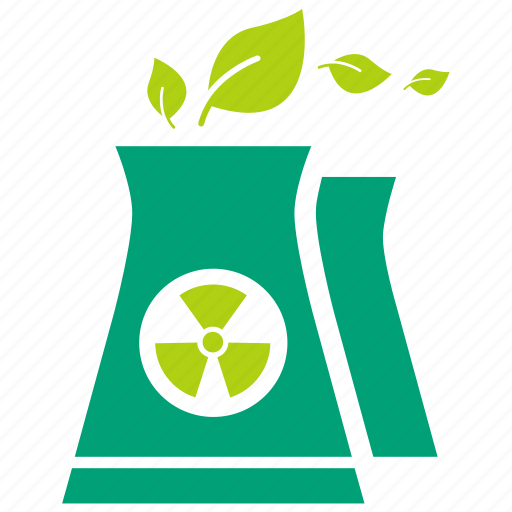Micro modular reactor and TRISO fuel company Ultra Safe Nuclear Corporation says it is seeking to run a sale process after filing for Chapter 11 bankruptcy protection in the USA.
Ultra Safe Nuclear Corporation (USNC) says it has obtained debtor-in-possession financing that will help ensure it “will maintain full operational continuity across its projects, including the deployment of its Micro Modular Reactor systems in the US, Canada, large scale production of TRISO-based and Fully Ceramic Microencapsulated fuels, and the fulfilment of space and defence projects for multiple US government agencies” during the process.
It said it had entered into an asset purchase agreement with Standard Nuclear to “serve as the Stalking Horse Bidder for USNC’s fuel-related assets and technology development contracts” with a price for the assets of USD28 million, and has asked the court for approval to complete the transaction in December. The filing took place on Tuesday.
Kirk Edwards, Chairman of USNC’s Board of Directors, said: "Ultra Safe Nuclear remains steadfast in its dedication to bringing safe, commercially competitive, clean and reliable nuclear energy to global power and industrial markets. After carefully exploring all available options, we have decided that this court-supervised sale process offers the best path forward while ensuring continuity across our key technology initiatives.
“These initiatives include bringing our TRISO-based fuels to market, deploying MMRs as a carbon-free energy solution, and advancing essential technologies for the US Department of Defense, NASA, and the UK Department of Energy Security and Net Zero. We are pleased to begin this process with an agreed-upon offer from an entity aligned with our strategic objectives and experienced in the sector.”
The court filing says that many of the company’s products were still being developed, so historical revenue was low compared with operating losses, with equity investments covering the difference. It added that since 2022 there was a fundraising round which “successfully attracted interest from a variety of potential investors, including a large asset management company, pension funds, utilities, family offices, large IT companies, corporate investment funds, and various other private equity funds; however, these investments were largely contingent upon the Debtors securing an ‘anchor’ investor. While the Debtors attracted the interest of an anchor investor, the investor was not able to raise sufficient funds for the investment”.
The “most significant investor” for the company had been board chairman Richard Hollis Helms, whose family invested about USD100 million and loaned USD24.6 million. He died in May and “since then, the Debtors have continued to search for new capital sources to continue funding their research and development efforts pending the full launch of their products and projects”.
USNC’s MMR is a 45 MW thermal, 15 MW electrical high-temperature gas-cooled reactor, using TRISO fuel in prismatic graphite blocks. The graphite blocks contain stacks of ceramic FCM fuel pellets. The helium-cooled reactor can be flexibly fuelled with uranium enrichments from 9% to 19.75% and will have an initial licensed nuclear plant lifetime of 40 years. The company is currently working on deployment projects at Canadian Nuclear Laboratories’ Chalk River site in Ontario, Canada, and at the University of Illinois Urbana-Champaign in the USA.
Its Pylon microreactor is a containerised system capable of producing 1.5-5 MWe with a lower mass than the MMR high-temperature gas-cooled reactor system. The system is designed to be easily transportable to off-grid locations both on Earth and in space: for terrestrial use, the system comprises separate nuclear heat supply system and balance-of-plant modules, each individually fitting within a standard 20 ft (6 m) container.
TRISO (from tristructural-isotropic) fuel particles contain spheres of uranium oxycarbide (or uranium dioxide) coated with ceramic layers that contain fission products inside the particle and ensure its mechanical and chemical stability during irradiation and temperature changes. The US Department of Energy has described TRISO as the most robust nuclear fuel on Earth. Framatome and USNC agreed on a joint venture last year with the goal of manufacturing TRISO particles and FCM fuel in late 2025.

